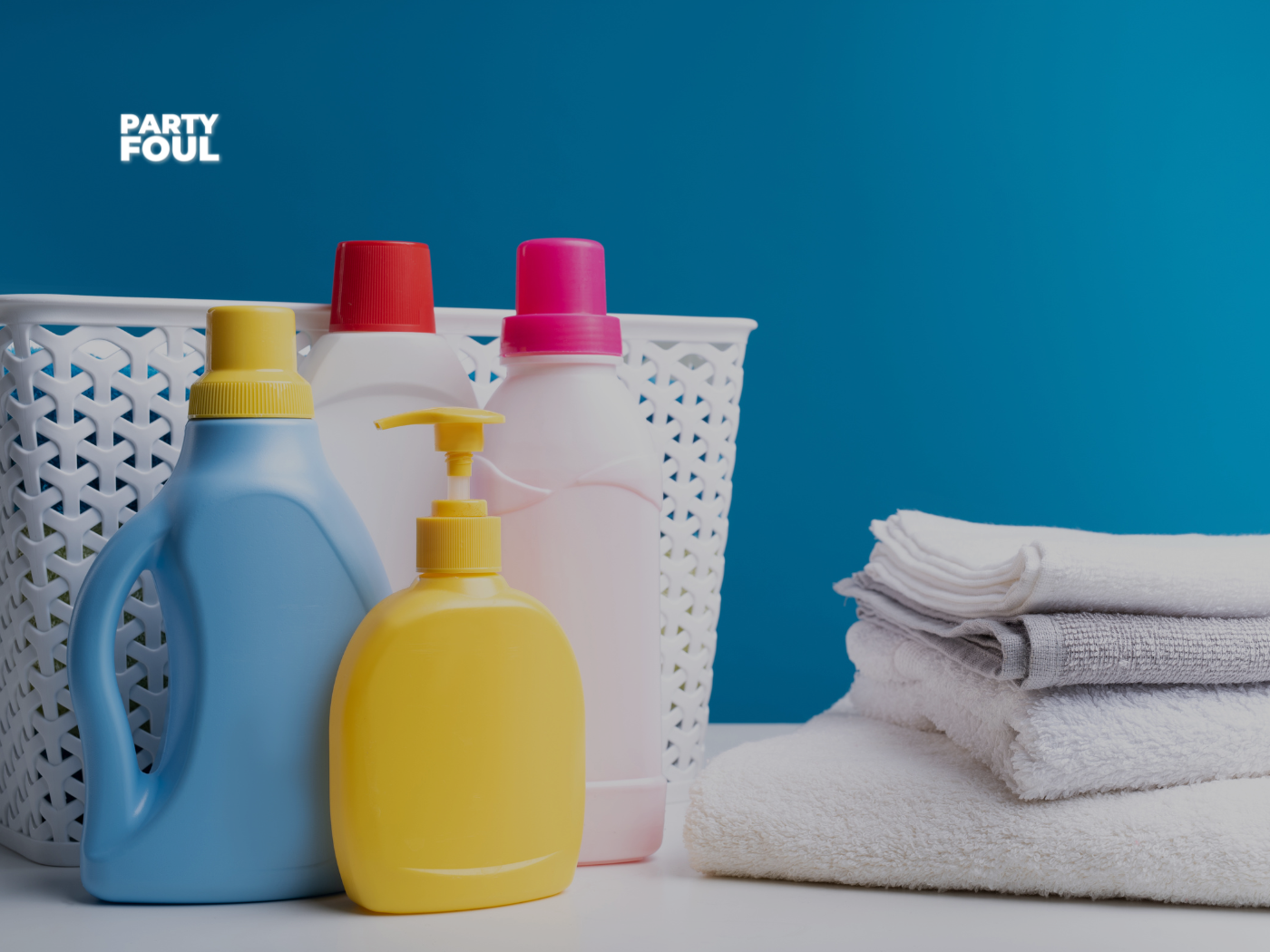Washing my car may just be one of my least favorite chores in life, ever. It used to be getting gas. I was that person who would run my car down to empty, then, like jumping into a pool without checking if there’s water, risk it every time I started the car hoping I would make it home. Coast downhill? Yup. Cringe in anticipation every time I turn it on? You bet. It got so bad that on more than one occasion, my co-worker insisted on taking my vehicle to the gas station and filling it up for me. A few years ago, I jumped at the chance to eliminate that arduous task by moving to an EV, fully committing to the process by simultaneously adding solar to my home to sustainably charge my ride while I slept. If that isn’t winning, I don’t know what is.
Now, while my weird flex is that I am consistently fully charged, my biggest challenge is keeping her clean. Schlepping multiple kids, dogs, sports equipment, an endless supply of snacks, and what seems like half a softball field most days, puts some serious wear and tear on Tessie. And that’s just the inside. The outside? The daily commute, weekly ventures into the mountains in search of the perfect hike, and yes, more softball fields; well, it’s so bad that someone recently told me if they could create a TV show “Date My Car,” I would be single forever. Clearly, it’s not a high priority for me—I even have a membership to a local car wash with unlimited exterior washes, and guess how many times I’ve used it? I’ll give you a hint. It’s less than one.
A few weeks ago, after being shamed by the GM of the car wash for the third time for my lackluster exterior care practices, I committed to learning more about caring for my vehicle and implementing some change. While washing your car is a regular task that keeps your vehicle looking great, you can’t ignore the environmental impact of this routine activity.
The Environmental Impact of Car Washing
When you wash your car, the water used often contains soap, grime, oil, and other contaminants. This polluted water, known as runoff, typically flows into storm drains and eventually reaches rivers, lakes, and oceans. The chemicals and pollutants in the runoff can harm aquatic life, disrupt ecosystems, and contribute to water pollution, which is why using an eco-friendly product is imperative.
Why Choose Eco-Friendly Products?
Eco-friendly car cleaning products are designed to minimize environmental impact. They are biodegradable, non-toxic, and free from harsh chemicals that can harm the environment. By choosing these products, you reduce the number of harmful substances entering our waterways, helping to protect aquatic life and maintain the health of our ecosystems.
Sustainable Car Washing Tips
- Use a Commercial Car Wash: Professional car washes often use less water and have systems in place to treat and recycle wastewater.
- Wash on Grass or Gravel: If you wash your car at home, do it on a grassy or gravel surface. This allows the water to be absorbed and filtered by the ground, reducing runoff.
- Use a Bucket and Sponge: Instead of a running hose, use a bucket of water and a sponge to minimize water usage.
- Choose Eco-Friendly Products: Opt for biodegradable and non-toxic cleaning products like Party Foul Outdoor Cleaner.
How Party Foul Outdoor Cleaner Can Help
Party Foul Outdoor Cleaner is an excellent choice for sustainable car washing. This eco-friendly cleaner is biodegradable and free from harsh chemicals, making it safe for the environment. It effectively removes dirt, grime, and stains without contributing to water pollution. By using Party Foul Outdoor Cleaner, you can keep your car spotless while reducing harmful runoff and help protect our waterways and preserve our ecosystems.



